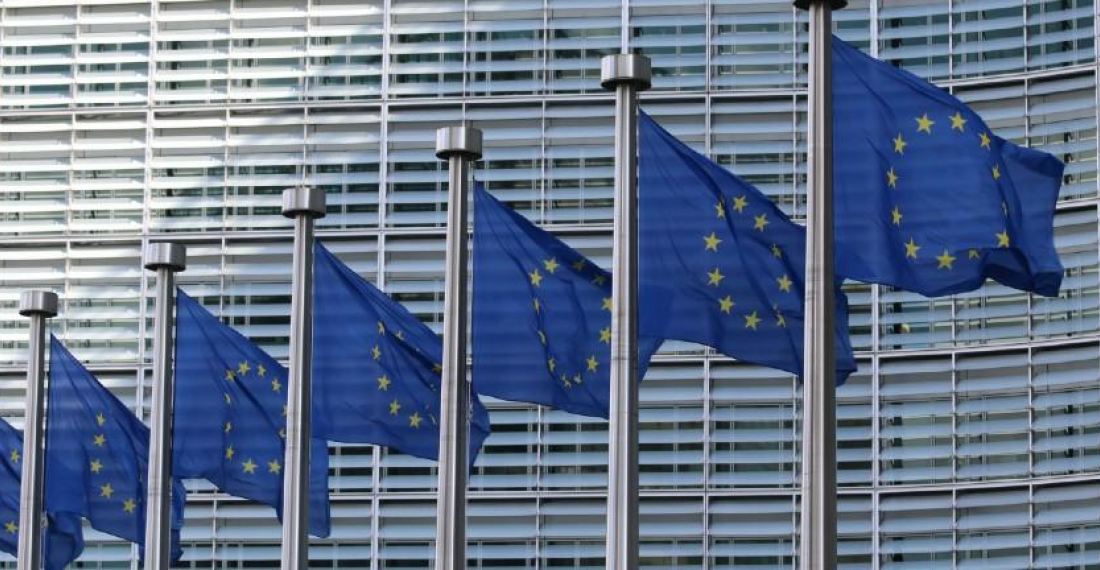"The role of UNRWA is vital in the current circumstances in Gaza. 2 million people desperately need the aid provided by UNRWA and other UN agencies".
This was stated by EU High Representative for Foreign and Security Policy Josep Borrell in a phone call on 28 January with UN Secretary General Antonio Guterres to discuss the situation in the Middle East, including very serious allegations against a number of UNRWA staff members.
Borell expressed strong concern over the dramatic humanitarian situation on the ground and reconfirmed to the UN Secretary General that the EU will continue its essential aid to Palestinians in Gaza unabated, as one of the largest donors of aid, and through partner organisations capable of delivering assistance effectively. The role of UNRWA is vital in the current circumstances in Gaza. 2 million people desperately need the aid provided by UNRWA and other UN agencies.
He welcomed the swift and decisive measures taken by UNRWA relating to the allegations of involvement of UNRWA staff in the heinous 7 October attacks by launching a thorough investigation with full transparency, showing that the United Nations are giving the issue the importance it deserves. He stressed that if confirmed, those responsible must be held to account and internal controls strengthened accordingly.
Ongoing funding commitments by the EU have been implemented and funding has not been suspended. The EU will determine upcoming funding decisions in light of the outcome of the investigation.
The High Representative underlined to the UN Secretary General of the EU’s continued commitment to advance its strong partnership with the United Nations and its agencies. They agreed to remain in close touch.






